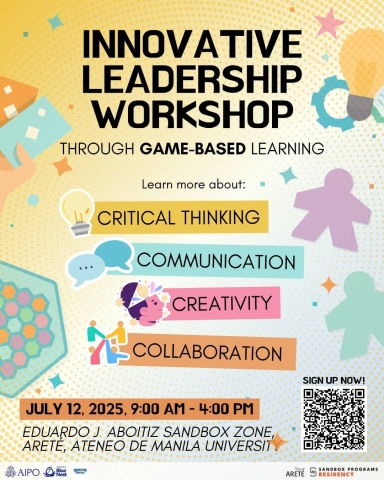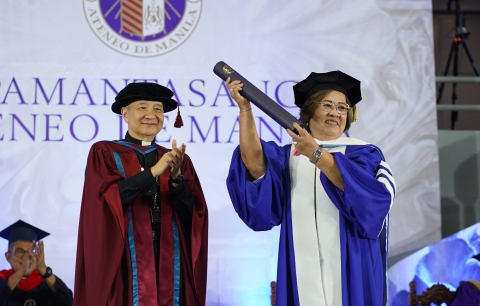[Ateneo Press Review Crew] Complicity and the Limits of Memory in Katrina Tuvera’s “The Collaborators”
21 Apr 2025 | Ashley Martelino
In its 196 pages, Katrina Tuvera’s 2022 novel, The Collaborators, travels across Philippine history from the American and Japanese occupations to the aftermath of the Second World War to the revolution that ousted a dictator, and finally, to the turn of the millennium and impending impeachment of then-President Joseph Estrada—but not necessarily in that order. We see these events unfold through the eyes of the dying Carlos Armando, a former ranking bureaucrat of the Marcos administration. This is his final act of remembering.
Moving back and forth across decades in the 20th century, the novel reads like a drawer of disorganized photographs—the memories are there if you could only find them. Some readers may find this confusing, even exhausting, as characters walk in and out of the narrative or events start, stop, and then start again in medias res. But this non-linear style enriches each vignette, tempting us with misplaced nostalgia, as if we’re remembering it all ourselves. Passages jump freely between the first- and third-person point of view, muddying the trustworthiness of these recollections. Verb tense, at times, shifts haphazardly from past to present, rendering some memories fresh and vivid, and others, fleeting and forgettable.
Through Carlos’s discontiguous chronicle, Tuvera investigates our historical memory. The novel is dense with allusions—the most knowledgeable of readers will get a kick out of spotting each one while the uninformed may be prompted to stop and put the pieces together. Names are rarely dropped, but real-life figures are referenced constantly, as if to say, “Remember?” And if not, then learn. Long-held myths are tucked between plain facts, asking us to distinguish, compelling us to be skeptical. But there’s no clear distinction between the objective and subjective in The Collaborators. Carlos can only ever see history through his own experience as its witness, its victim, its inheritor, its product, its agent. The past is personal—amended endlessly by who remembers it, who writes it down, who passes it on. And because it’s personal, no act is truly neutral, no decision without consequence.
Carlos’s earliest (and perhaps most vibrant) memories take place in the ‘30s and ‘40s: a childhood spent in the provincial town of San Roque, backdropped by gold fields, a schoolyard, cobbled driveways, a lazy stream that has since dried up. It’s here where Carlos discovers that bombs have been dropped on Pearl Harbor, where he learns local mobster-turned-mayor Don Alberto works under the orders of the Japanese military, where he witnesses his school-principal father do the Don’s bidding, and where a hometown rebel kills his mother as she attempts to hide her husband’s private journals.
None of these life-altering moments are recounted in succession, and in the grand scheme of Carlos’ life, none is more crucial than the other. So what is the inciting action that drives our protagonist into the present? Not a singular moment of impact, but rather a succession of small, seemingly harmlessly ones, compounding over time ever so incrementally. The final domino that ultimately sways Carlos to switch political affiliations and take a position in Marcos’ campaign? The humdrum suggestion of his friend, Damiano: “He said I might as well.”
Early in the novel, a post-war, college-aged Carlos learns that enemy collaborators are being put on trial, though he’s unconvinced of their crimes. “Perhaps the better word to use was not treason, but simply, complicity,” he thinks. “They killed no one, committed no atrocious act.” And on his deathbed, perhaps he can say the same for himself. In his own recounting of events, Carlos is neither exonerated nor indicted—because where was the proof of his crimes? What had he done except cooperate?
When we first meet Carlos as a young professional, he’s at best a skeptic—joining the opposing party for wealth, ambition, the promise of progress, and perhaps to be on the winning team. He’s no loyalist, no propagandist, not even an ignoramus pleasantly unaware of his strongman’s misdeeds. But by the time we see him through his adult daughter’s eyes 30 years later, we learn that “he completely believed in the man,” she says. “It’s almost enviable at times, that utter trust and faith.” How did he get here? What was the tipping point? When did his passive, mundane complicity turn into blind allegiance? In the end, he can never know. More precisely: How could he possibly remember?
A week into my reading of Tuvera’s novel, Former President Rodrigo Duterte was arrested under an ICC warrant charging him with crimes against humanity. Nearly four decades since EDSA and three since EDSA Dos, we watch again as a Philippine president is made to answer for his crimes. How might we choose to remember this moment in history? On what side of it do we stand? “Never forget,” has become the usual refrain, and rightfully so, but Tuvera’s novel reminds us that sometimes remembering is not enough. What separates the collaborators from the revolutionaries, the redeemable, the innocent? Carlos himself made a clear distinction: There are those who resist and those who do not.
Grab your copy in paperback: Website | Shopee and Lazada
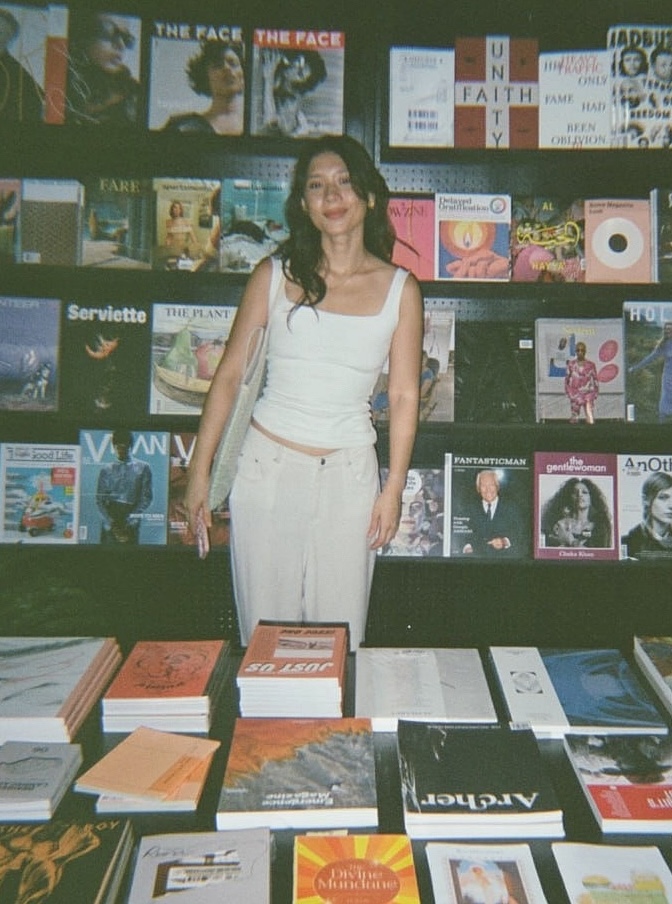
Ashley Martelino is a writer and editor based in Metro Manila. Her work has been featured on various local publications. She graduated from the Ateneo de Manila University with a degree in English Literature.

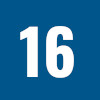
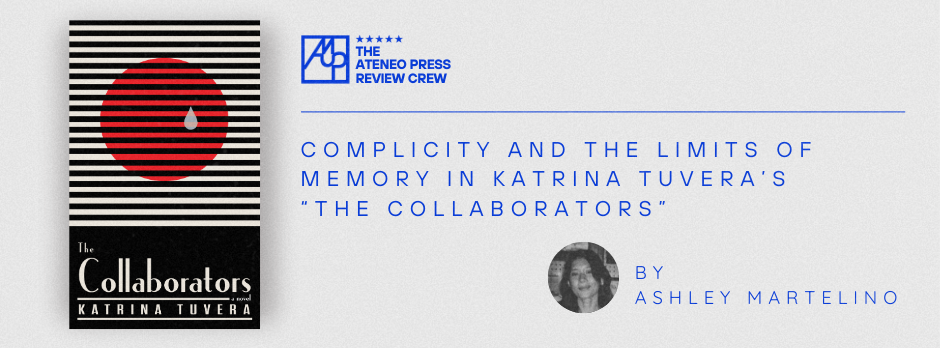
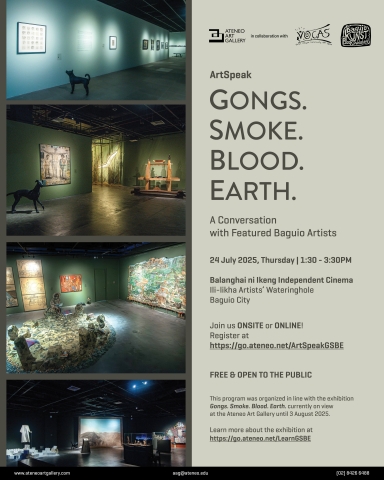
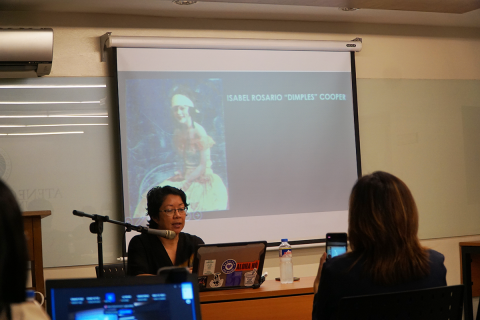
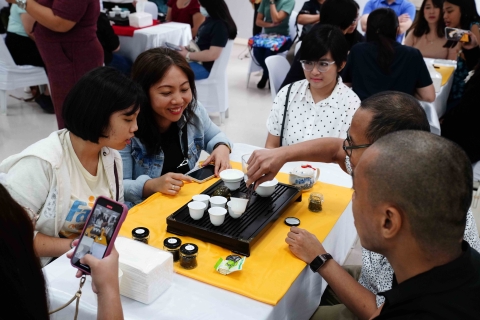
![[AAG] Art Workshops - Cosmic Garden Poster](/sites/default/files/styles/large/public/2025-07/%5BAAG%5D%20Art%20Workshops%20-%20Cosmic%20Garden%20v2.jpg?itok=Z52TVwDS)
